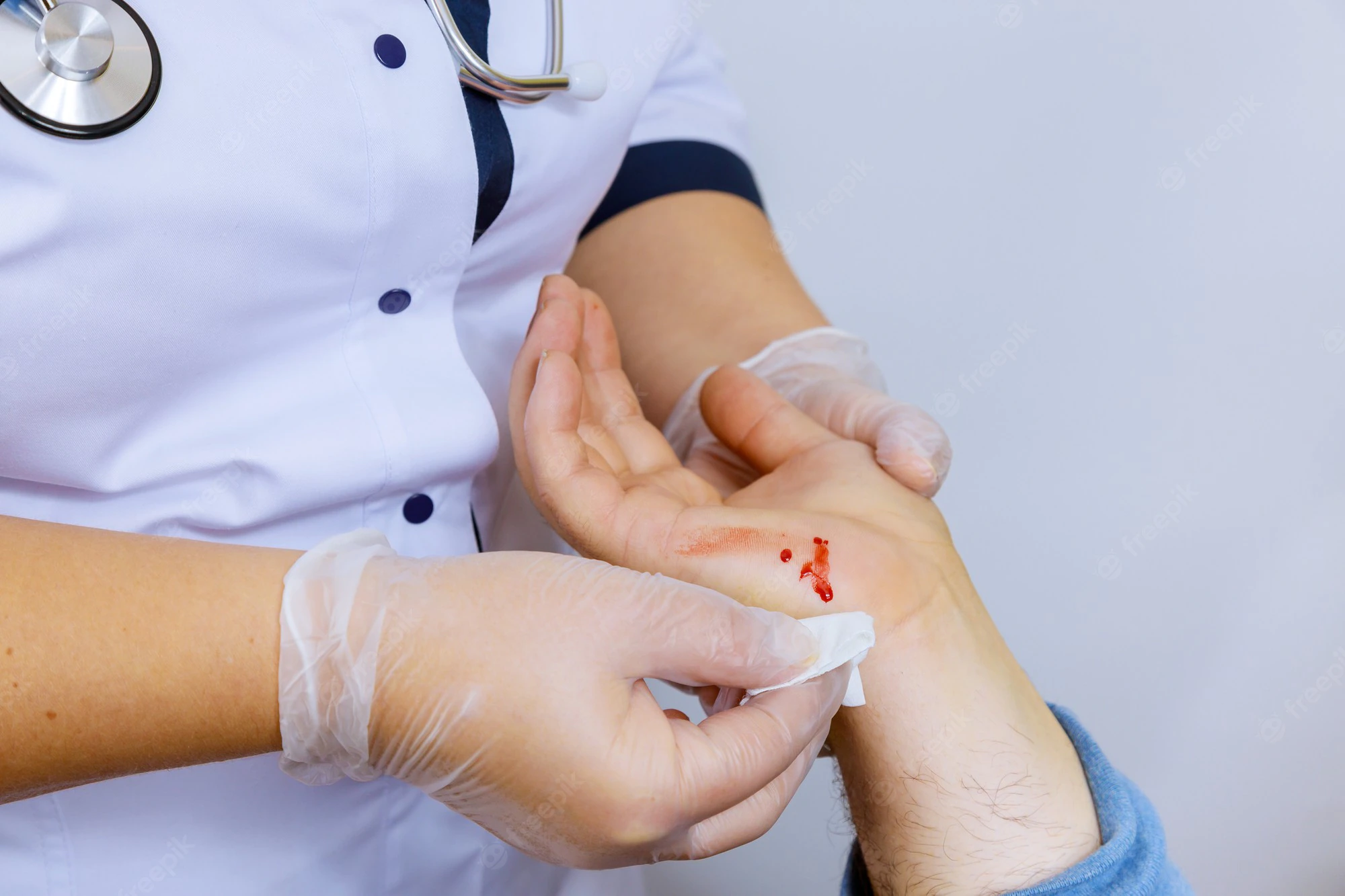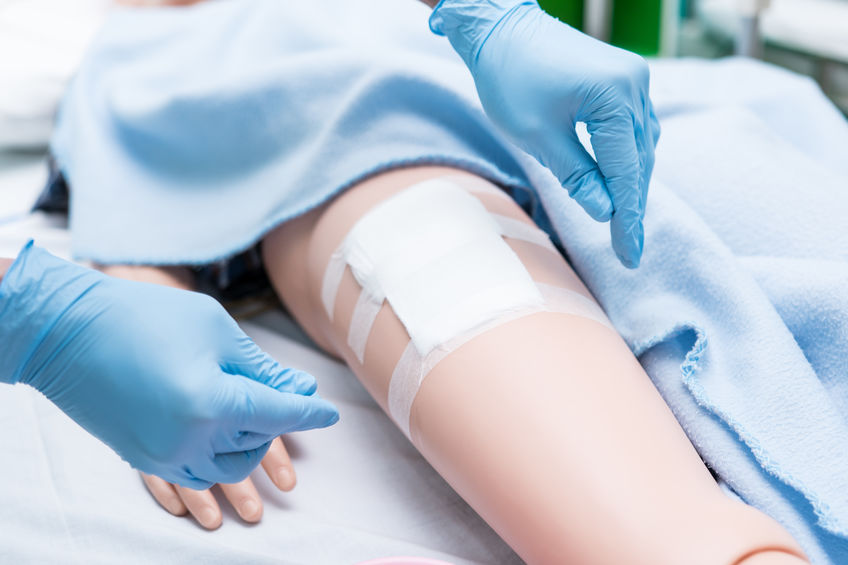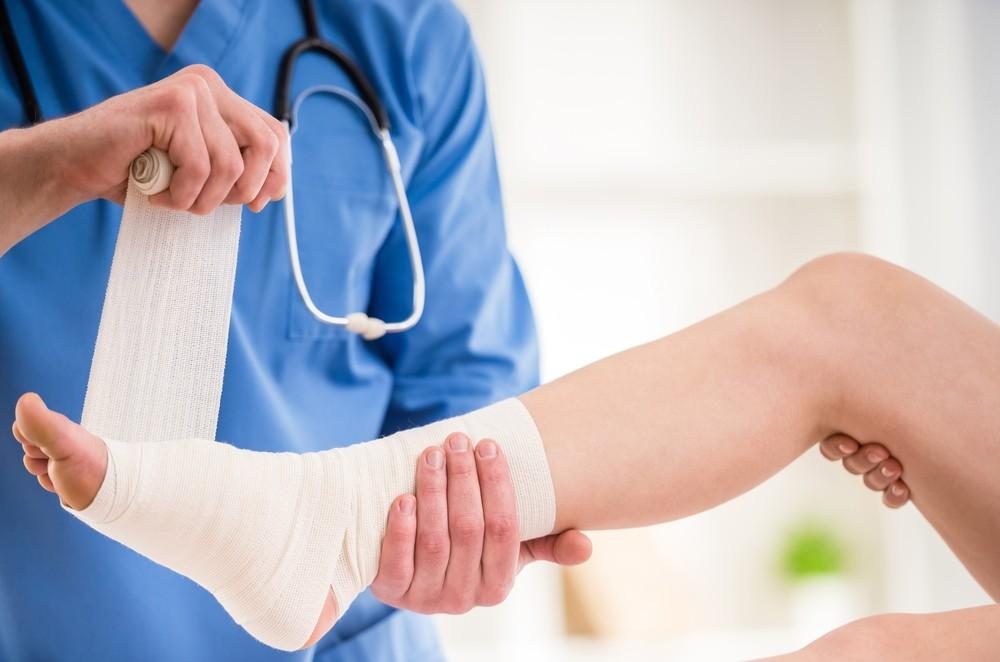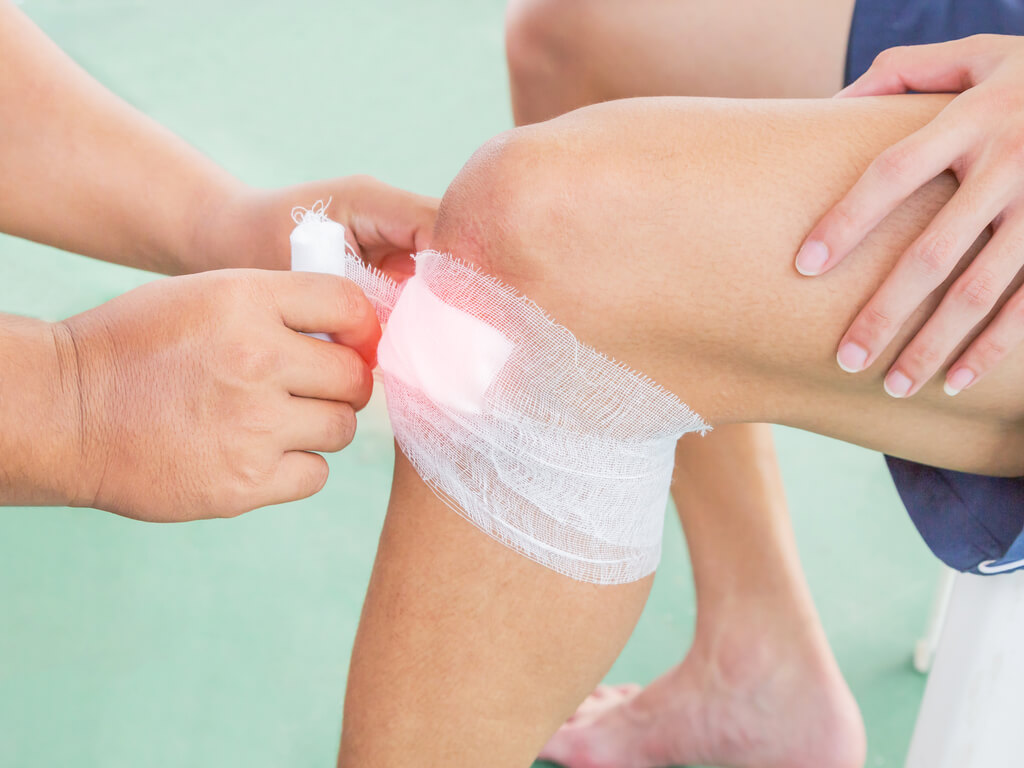Learn why is it worth it
UrgentMed Immediate Care Facilities Provide Quick Care and Relief
Many bites itch, but they’re not serious. Some insects and creatures carry venom, and others can carry viruses and spread diseases, such as malaria and the Zika virus.
With certain bites, such as an insect bite or sting, you might notice a small, itchy red bump. You might develop a larger sore or ulcer that becomes swollen and painful.
Signs of an infected bite include redness and swelling around the bite. In rare cases, you might have an allergic reaction, such as hives, rash, or breathing difficulties.
Other bites can be more severe, such as a dog bite where blood is drawn, and tissue damage can occur. There’s also the risk of infection.
A cut is an opening or break in the skin and is also called a laceration. A deep cut can affect your muscles, tendons, ligaments, blood vessels, nerves, and bone.
Some lacerations can get contaminated with bacteria and debris from whatever object caused the wound. A puncture usually refers to a wound made by a pointed object, such as a knife, nail, or sharp tooth. Open wounds and cuts can also be caused by car accidents, falls, and injuries.
If your laceration, cut, or bite is bleeding severely, you should visit your local hospital emergency room as soon as possible. If you think you’re having a severe allergic reaction to a bite or sting, you should also visit your local hospital emergency room as soon as possible. If you have an epinephrine auto-injector, you should use it immediately. You can also clean the bite, place a cold compress on the area, and take an antihistamine.




